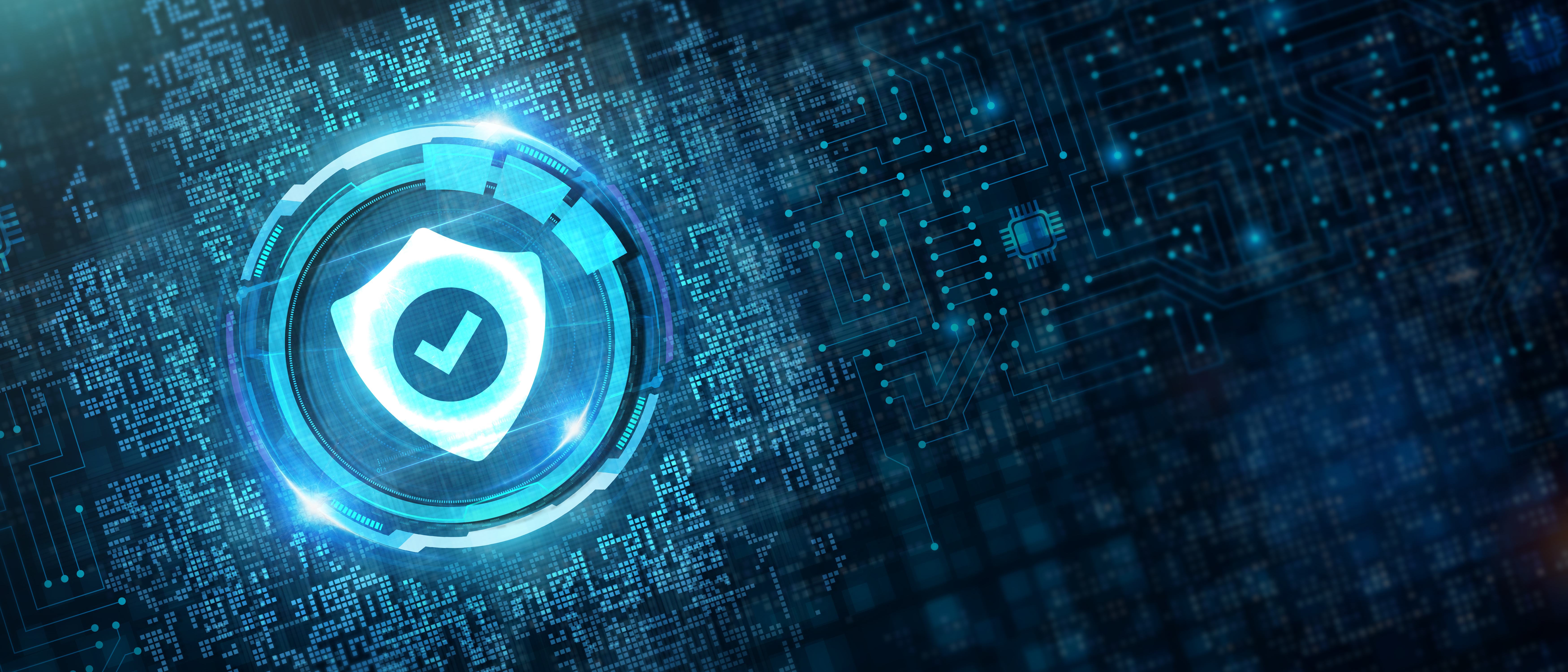A public consultation was opened – a mechanism for sending contributions to the Brazilian National Data Protection Authority (“ANPD”) – on rules for international transfers of personal data. Its opening took place in the week of the Brazilian General Data Protection Law (“LGPD”) 5th anniversary, in August this year.
The LGPD defines the international transfer of personal data in its article 5, item XV, considering this transfer to a foreign country or international organization of which the country is a member.
The ANPD objective is to regulate the matter, in addition to creating standard contractual clauses, which are provided for in article 33 of the LGPD as an alternative for carrying out an international transfer of personal data, if the controller offers or proves guarantees of compliance with the principles, the data subject rights, and the data protection regime provided for in the LGPD itself.

The LGPD enables the international transfer of personal data in other cases, such as to countries or international organizations that provide a degree of protection of personal data adequate to the provisions of the Law; when the transfer is necessary to protect the life or physical integrity of the data subject or a third party; when the data subject has provided its specific and highlighted consent for the transfer, with prior information on the international nature of the operation, clearly distinguishing it from other purposes; among other hypotheses.
With this regulation, therefore, it will be possible to regulate the transfer of personal data to foreign countries or international organizations of which Brazil is a member.
—
Author: Caroline Muniz and Cesar Peduti, Peduti Advogados.
Source: Aberta Consulta Pública sobre norma de transferências internacionais de dados pessoais (https://www.gov.br/anpd/pt-br/assuntos/noticias/aberta-consulta-publica-sobre-norma-de-transferencias-internacionais-de-dados-pessoais)
—
“If you want to learn more about this topic, contact the author or the managing partner, Dr. Cesar Peduti Filho.”
“Se quiser saber mais sobre este tema, contate o autor ou o Dr. Cesar Peduti Filho.”







 The so-called fintechs are one of these expected actors to mitigate the highly concentrated retail bank market, so much to Brazil´s Central Bank create the figure of SCD and SEP. These non-financial societies for microcredit are permitted to operate with less regulatory obligations and 100% foreign capital.
The so-called fintechs are one of these expected actors to mitigate the highly concentrated retail bank market, so much to Brazil´s Central Bank create the figure of SCD and SEP. These non-financial societies for microcredit are permitted to operate with less regulatory obligations and 100% foreign capital.